Buying a home is one of the most significant financial decisions most people make in their lifetime. It’s not just about finding the perfect location or layout but also ensuring the property is structurally sound and free of hidden issues. A home inspection is a critical step in this process. But how much does a home inspection cost? This article explores the factors affecting the cost of a home inspection, what’s included in the service, and why it’s a worthwhile investment.
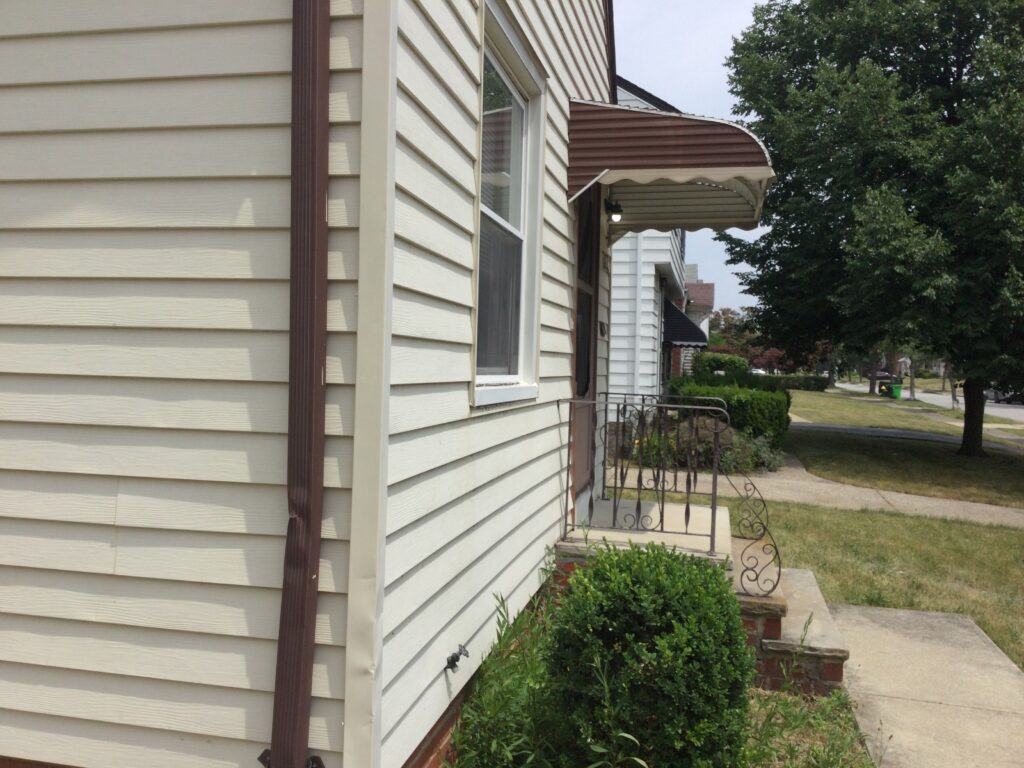
What Is a Home Inspection?
A home inspection is a professional evaluation of a property’s condition, performed by a licensed inspector. The process involves examining the structure, systems, and components of a home to identify potential issues. The inspector provides a detailed report, highlighting any problems or areas that need attention.
What Determines the Cost of a Home Inspection?
Several factors influence the cost of a home inspection. While the average price ranges from $300 to $500, these costs can vary significantly depending on the following factors:
1. Size of the Home
Larger homes take more time to inspect and often have more systems and features to evaluate, such as multiple HVAC units or extended plumbing networks. Inspectors typically charge more for larger properties, with costs increasing incrementally for square footage beyond a certain limit.
2. Age of the Home
Older homes may require a more detailed inspection, as they often have outdated systems, aging materials, and potential compliance issues with modern building codes. Inspectors may charge extra for the additional time and expertise required to evaluate these aspects.
3. Location
The cost of a home inspection can vary based on the region or city where the property is located. For instance, inspections in metropolitan areas with higher living costs may be more expensive than in rural locations.
4. Type of Property
The type of property being inspected also affects the cost. Single-family homes, condos, townhouses, and multi-family units each present unique challenges and considerations for inspectors.
5. Additional Services
Some inspections include optional add-ons, such as radon testing, mold inspections, or termite evaluations. These services come at an additional cost but may be necessary depending on the property’s location and condition.
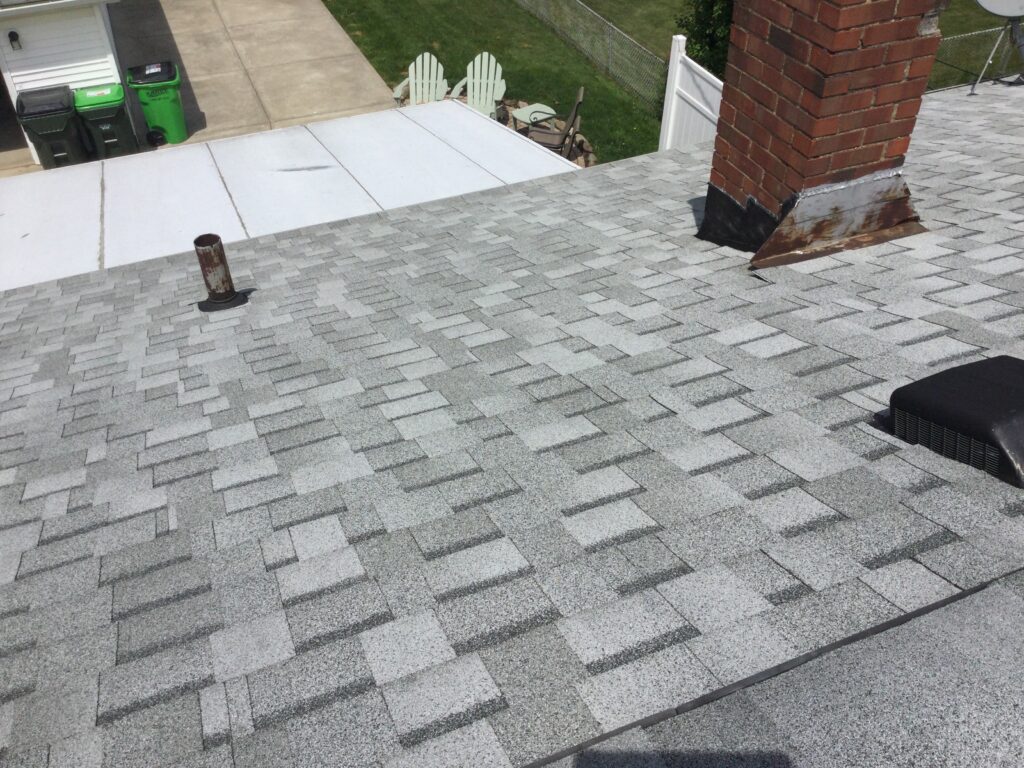
What Does a Home Inspection Cover?
A standard home inspection covers the major components and systems of a property. While the specific inclusions may vary by inspector, the following areas are typically evaluated:
1. Structural Components
Inspectors check the foundation, walls, roof, and attic for signs of damage, wear, or structural instability.
2. Electrical System
The inspection includes an evaluation of the electrical panel, wiring, outlets, and light fixtures to ensure they are functioning safely and efficiently.
3. Plumbing
Inspectors assess the water supply, drainage systems, water heater, and visible pipes for leaks or defects.
4. HVAC Systems
Heating, ventilation, and air conditioning systems are inspected for functionality and any signs of wear or damage.
5. Exterior Features
This includes an examination of siding, gutters, doors, windows, and any outdoor structures like decks or patios.
6. Interior Features
Inspectors evaluate walls, ceilings, floors, doors, and windows for any signs of damage or improper installation.
7. Appliances
While not always included, some inspectors will check major appliances like ovens, dishwashers, and refrigerators if they are part of the home sale.
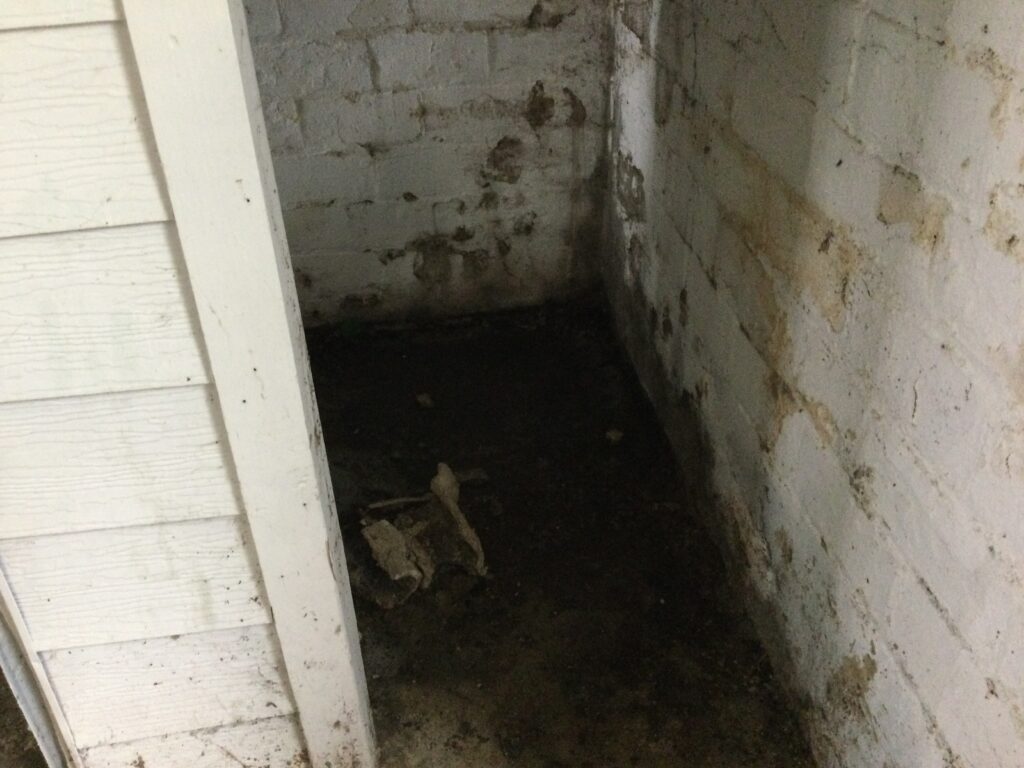
How to Find a Qualified Home Inspector
Finding a qualified and reliable home inspector is essential for obtaining an accurate and comprehensive evaluation of your property. Here are some tips for finding the right professional:
1. Check Credentials
Ensure the inspector is licensed and certified by a reputable organization, such as the American Society of Home Inspectors (ASHI) or the International Association of Certified Home Inspectors (InterNACHI).
2. Read Reviews
Look for reviews and testimonials from previous clients to gauge the inspector’s professionalism and thoroughness.
3. Ask About Experience
An experienced inspector with a background in construction or engineering is often better equipped to identify potential issues.
4. Compare Prices
While cost is an important factor, don’t choose an inspector based solely on the lowest price. Quality and expertise are equally important.
5. Request a Sample Report
A sample report gives you an idea of the level of detail and clarity you can expect from the inspector’s findings.
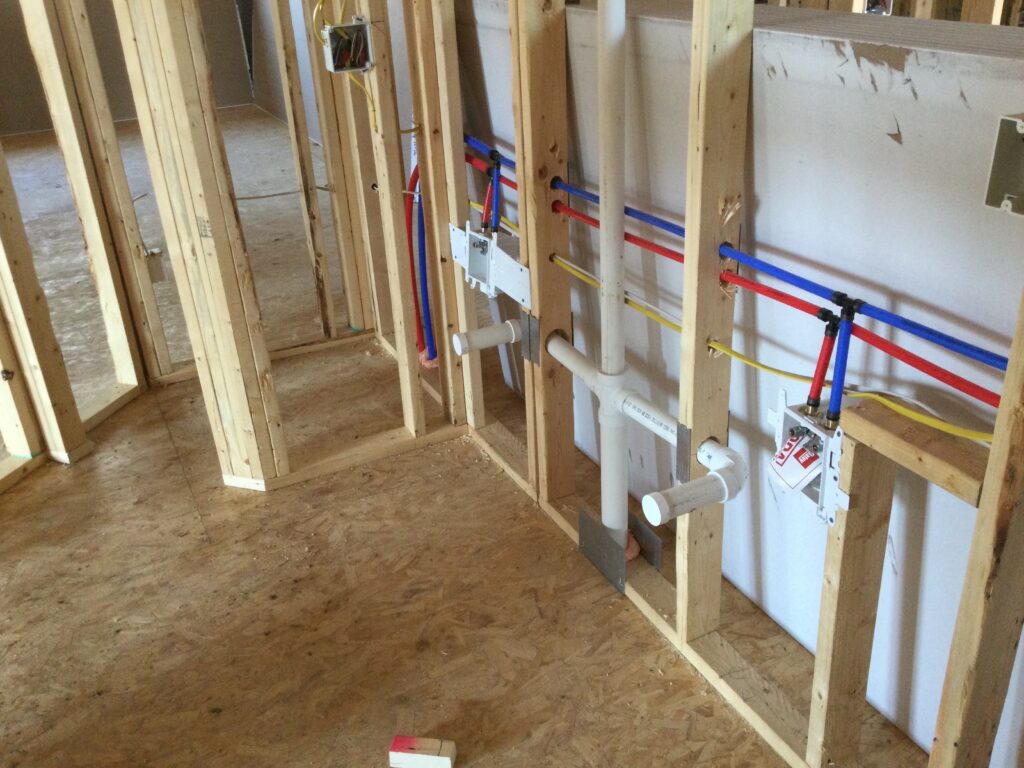
Why a Home Inspection Is Worth the Cost
While the cost of a home inspection may seem like an additional expense during the home-buying process, it can save you thousands of dollars in the long run. Here’s why it’s a worthwhile investment:
1. Identifying Hidden Problems
A home inspection reveals issues that may not be immediately visible, such as structural defects, plumbing leaks, or faulty electrical systems. These findings can help you negotiate repairs or adjustments to the purchase price.
2. Providing Peace of Mind
Knowing the true condition of a property gives you confidence in your investment and helps you avoid unexpected surprises after moving in.
3. Facilitating Negotiations
If the inspection report uncovers significant issues, you can use it as leverage to request repairs or a price reduction from the seller.
4. Protecting Your Financial Investment
A thorough inspection helps you avoid purchasing a home with costly hidden defects, ensuring your investment is sound.
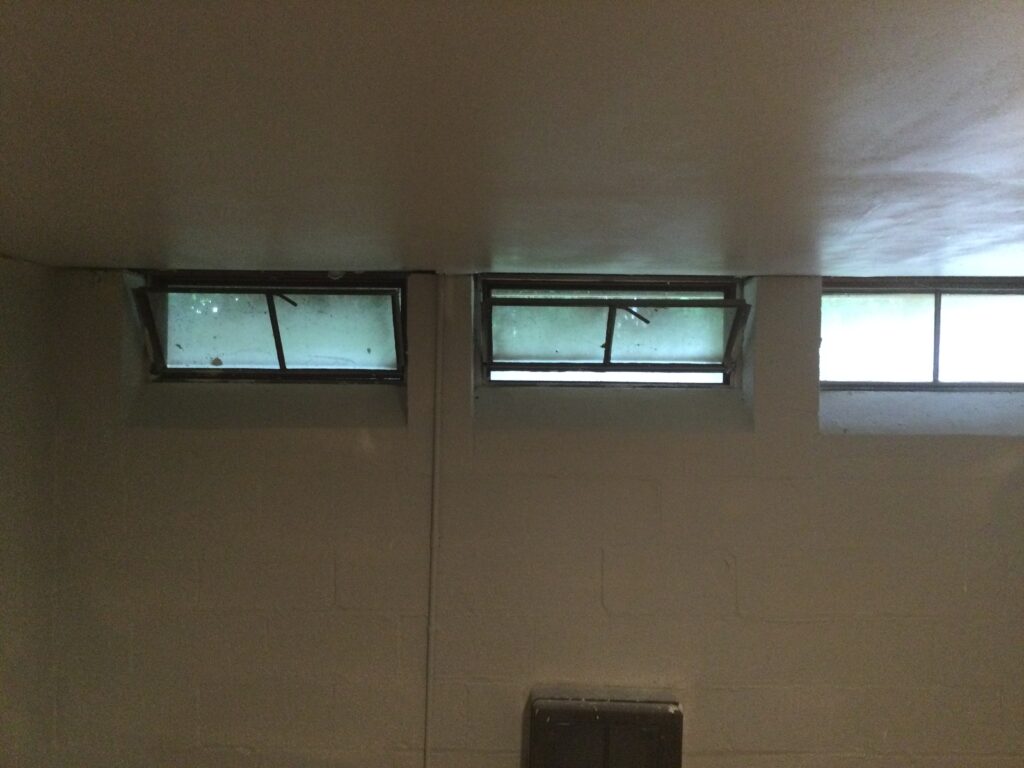
Additional Costs to Consider
In addition to the standard inspection fee, there are other potential costs to consider:
1. Specialty Inspections
Depending on the property’s location and condition, you may need additional inspections for radon, mold, asbestos, or pests. These typically cost an extra $50 to $300 each.
2. Re-Inspection Fees
If repairs are made based on the initial inspection, you may need a follow-up inspection to ensure the work was completed properly. This can cost $100 to $200.
3. Travel Fees
If the property is located in a remote area, inspectors may charge extra for travel expenses.
How to Prepare for a Home Inspection
To ensure a smooth inspection process, both buyers and sellers can take steps to prepare the property:
For Buyers
- Be present during the inspection to ask questions and gain a better understanding of the property’s condition.
- Review the inspection report carefully and discuss any concerns with your real estate agent.
For Sellers
- Address minor repairs and maintenance issues before the inspection.
- Provide clear access to areas like the attic, crawl spaces, and electrical panels.
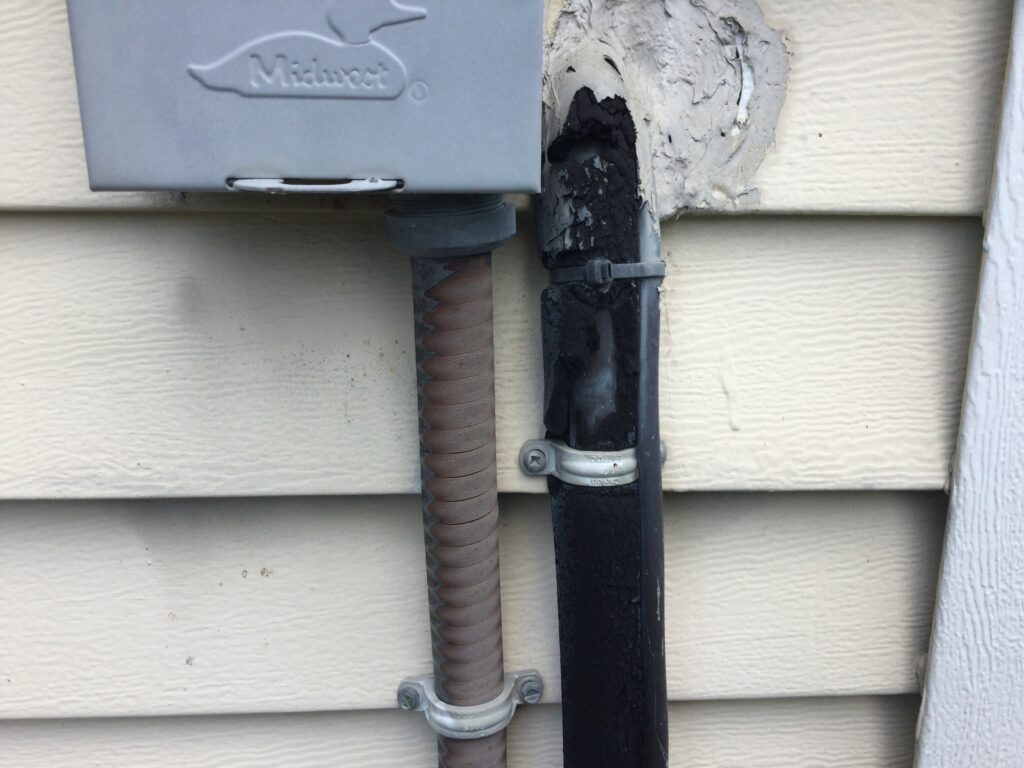
Conclusion
The cost of a home inspection is a small price to pay for the valuable insights it provides into a property’s condition. While the average cost ranges from $300 to $500, factors such as the size, age, and location of the home can influence the final price. A home inspection is a critical step in the home-buying process, offering peace of mind, negotiating power, and protection for your investment. By hiring a qualified inspector and understanding what to expect, you can make an informed decision and ensure your dream home is a safe and sound investment.